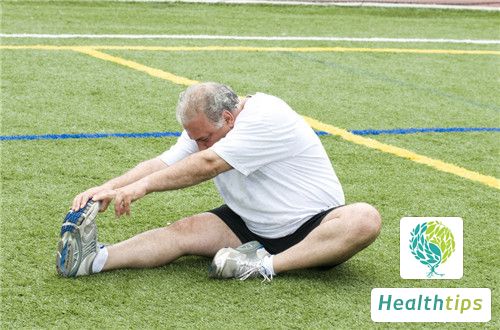Many people have experienced the twitching of leg muscles, which is medically referred to as fasciculation. It is mainly caused by excessive excitement of motor nerves, and generally does not affect human health. Once a patient experiences muscle spasms in the calves, it is essential to pay attention to it, or it may delay the condition. Massaging the local muscles, supplementing vitamin C, vitamin E, and calcium can help prevent other complications.

What causes leg muscle twitching? The involuntary twitching of calf muscles is mostly due to excessive excitement of motor nerves, which often occurs after intense exercise when the muscles are fatigued, making the condition more noticeable. If this occurs occasionally without any significant discomfort, there is no need for excessive concern or special treatment. Just pay more attention to care in daily life. However, if a patient frequently experiences this and the leg muscles experience pain and stiffness, it is necessary to give sufficient attention. Promptly massage the affected area and take appropriate measures to avoid serious situations.
Symptoms of leg muscle twitching: After the symptoms of involuntary twitching of calf muscles appear, patients may experience muscle stiffness and pain. Medications such as vitamin B12 and oryzanol can be used. At the same time, pay attention to supplementing vitamin C, E, and calcium to maintain nutritional balance.
How to care for leg muscle twitching? In daily life, patients can also perform acupuncture, hot compresses, physiotherapy, and massage on the calf area to promote local blood circulation, improve metabolism, and reduce muscle fatigue. If the condition recurs frequently, patients should seek treatment in the neurology department to minimize the risk of accidents.

